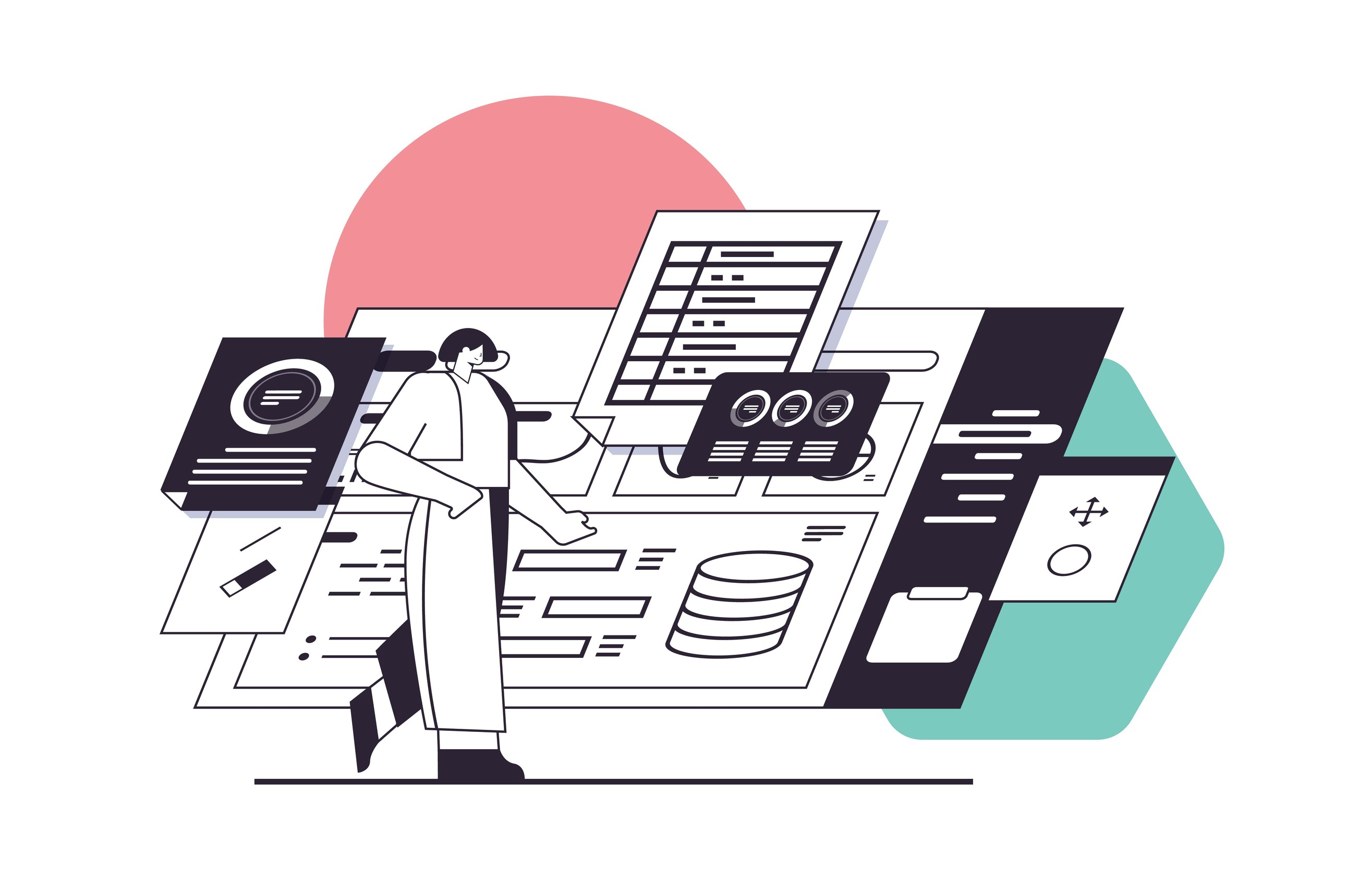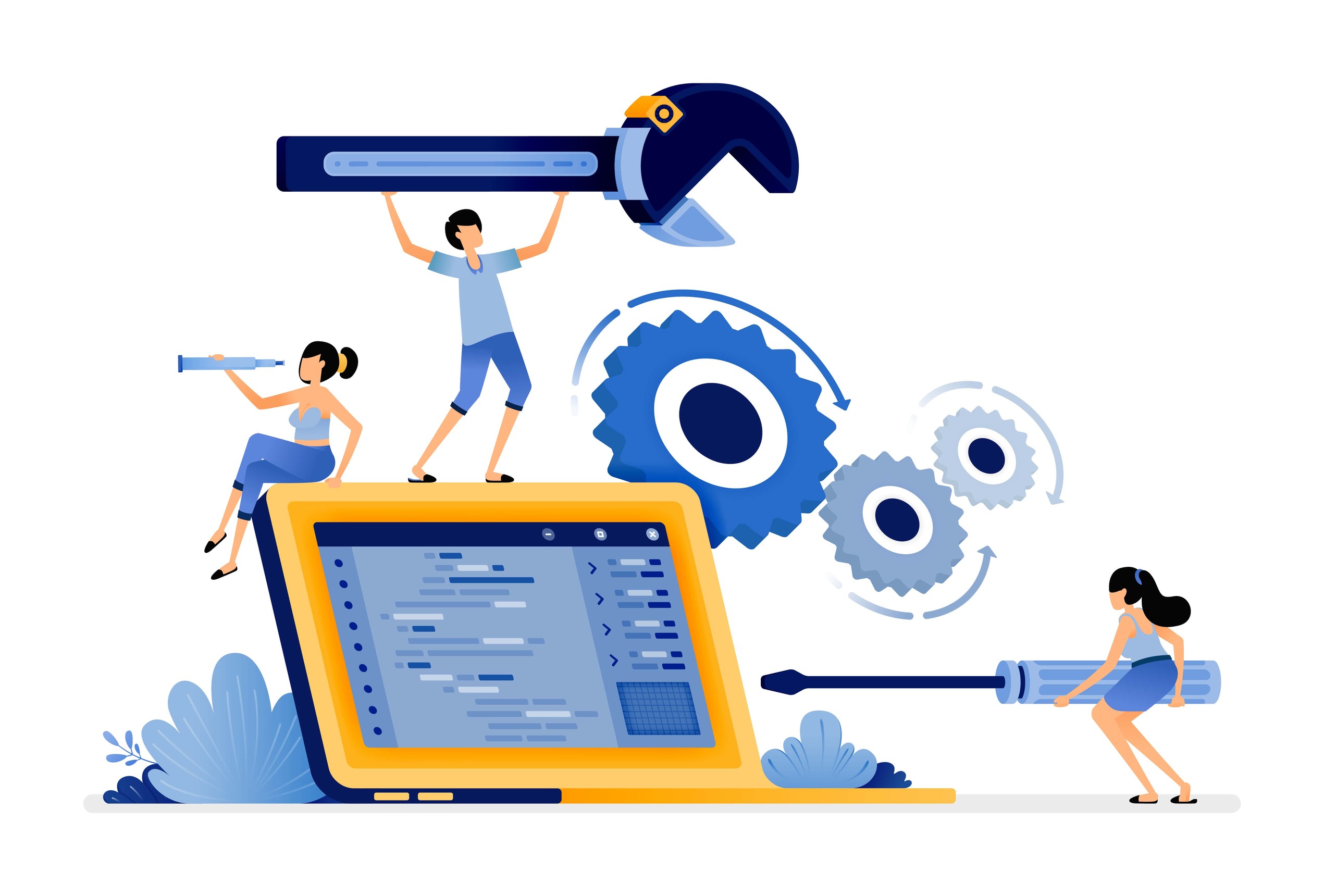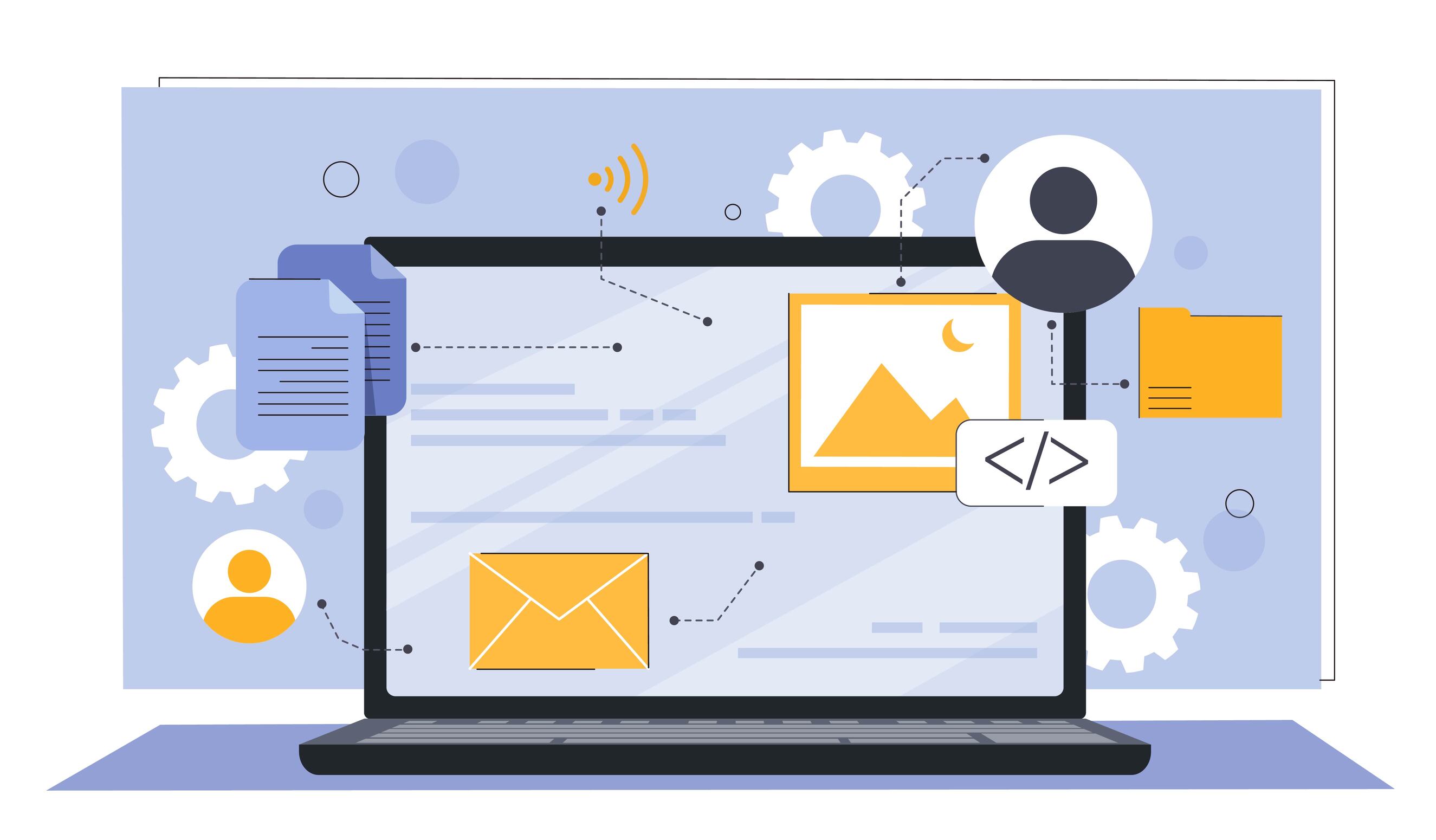Organizational Portal for a Winning Plastics Company
Corporate portal

 1976
1976 
Organizational Portal for a Winning Plastics Company
In the competitive and changing world of the plastics industry, innovation and flexibility are the name of the game. Companies are required to adapt quickly to technological, regulatory, and consumer developments. To keep pace and continue to thrive, the flow of information and internal communication must be fast, transparent, and effective. This is where the organizational portal comes into play – an integrated digital system that serves as a single access point for all the information, applications, and services needed by the company's employees. In this article, we will explain how an organizational portal can be a catalyst for the success of a leading company in the plastics sector by improving communication, efficiency, and innovation. We will demonstrate the unique advantages of a portal tailored to the industry and provide tips for effective implementation.
The Unique Challenges of the Plastics Industry
Companies in the plastics industry face several challenges that affect their ability to operate and improve:
- Complex Product Development Processes: Designing and manufacturing plastic products requires close collaboration among multidisciplinary teams (R&D, design, engineering, manufacturing, quality control, etc.). Poor communication or information barriers between departments lead to delays and failures in development.
- Strict Standards and Regulations: The plastics industry is subject to evolving standards and regulations, particularly concerning safety, quality, and ecology. Companies are required to stay updated and comply with complex and changing demands, while maintaining meticulous documentation.
- Global Supply Chains: Many plastics companies operate in an international arena, with suppliers of raw materials, manufacturing plants, and customers worldwide. Managing and coordinating such a decentralized supply chain requires efficient information systems.
- Constant Pressure for Innovation: In a saturated market, plastics companies must reinvent themselves and present innovative products. This necessitates an organizational culture that encourages creativity, knowledge sharing, and openness to groundbreaking ideas.
The Advantages of a Dedicated Organizational Portal
An organizational portal tailored to the specific needs of a plastics company can effectively address these challenges:
- Accelerating Development Cycles: A portal that centralizes all relevant information for development, from specification to production, can significantly speed up communication between the involved teams. Access to up-to-date data (specifications, CAD drawings, schedules) and fast communication channels (alerts, chats) prevents bottlenecks and enables timely project completion.
- Effective Quality and Regulation Management: A portal that integrates specialized tools for quality and regulation management ensures that no critical detail falls through the cracks. A document management system, digital event logs, checklists, and automated approval processes all contribute to precise documentation and compliance with strict standards.
- Transparency in the Supply Chain: A portal connected to ERP and SCM systems can provide an up-to-date and comprehensive view of all links in the supply chain, from raw materials to the end customer. This enables trend identification, anticipating blockages, and refining global planning and forecasts.
- Encouraging an Innovative Culture: A portal that provides a platform for sharing ideas, knowledge, and insights among employees from different departments is fertile ground for innovation. Forums, webinars, brainstorming tools, and innovation awards can all thrive on an appropriate technological basis.
Examples from the World
Here are several examples of global plastics companies that have used an organizational portal to achieve impressive results:
- The American plastics giant Berry Global launched a portal to share best practices in sustainability, resulting in a about 15% reduction in energy consumption and an increase of over 30% in the use of recycled materials.
- The Israeli packaging manufacturer Plasto-Sach built a portal for multi-channel communication between headquarters, manufacturing plants, and service representatives, reducing customer response times by about 40% and increasing employee satisfaction with internal communication by 25%.
- The French company Plastic Omnium implemented a portal for managing the life cycle of plastic products, from the development stage to the end of the product life. It managed to shorten the time to market for new products by about 20% and increase the percentage of recyclable products at the end of their use.
Tips for Successful Implementation of an Organizational Portal in a Plastics Company
- Tailor the portal to specific work processes: Ensure that the structure, content, and tools of the portal match how the business actually operates. Integrate industry-specific functionalities like technical specification management, design change control, etc.
- Make the portal intuitive and user-friendly: Employees will adopt the portal only if the interface is simple, accessible, and mobile-friendly. Ensure a smooth user experience, fast loading times, and pleasant visual design.
- Integrate advanced technologies: Consider implementing advanced capabilities in the portal such as semantic search, artificial intelligence (like chatbots), visual analytics, virtual reality, and more. Embracing technological innovation sends a strong message to employees and the market.
- Implement gradually and inspiringly: Launch the portal gradually, with pilots in selected departments. Highlight the unique benefits for each division and role. Encourage usage through attractive content, explanatory videos, and friendly competitions.
- Measure, analyze, and improve: Define clear success metrics in advance for the portal and ensure to track their achievement. Analyze usage data and user feedback to identify areas for improvement. A successful portal is a dynamic one that constantly evolves.
Conclusion
In the digital age, an organizational portal is a strategic tool that can propel a plastics company forward in terms of communication, efficiency, and innovation. A portal tailored to the unique needs of the industry, integrating advanced technologies, and built in close collaboration with employees – can become a true growth engine that enhances performance and fosters breakthroughs.
If you are looking to upgrade the communication and efficiency of your plastics business, a smart organizational portal is the right investment. Contact us for a preliminary consultation, and we would be happy to assist you in the design and implementation of a winning platform that fits like a glove to your vision and organizational goals. Together, let’s shape the digital future of your plastics company – more reliable, more creative, and greener.






